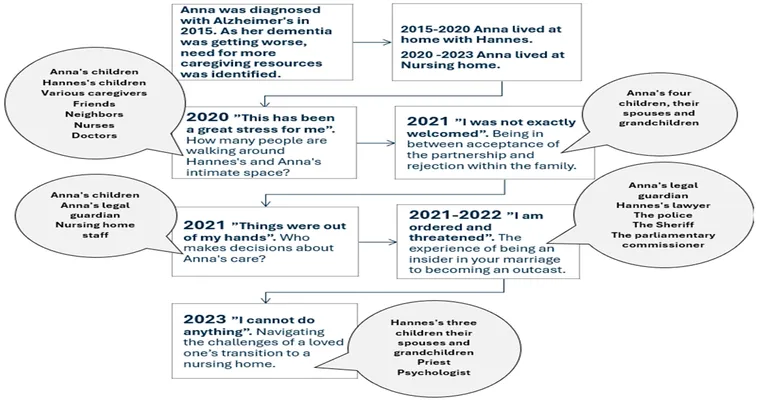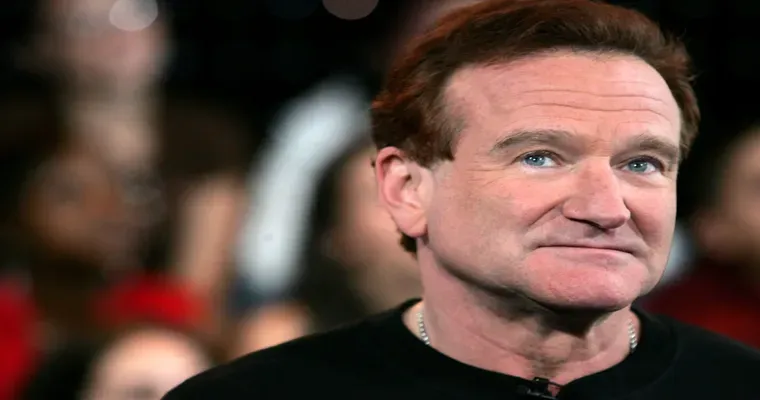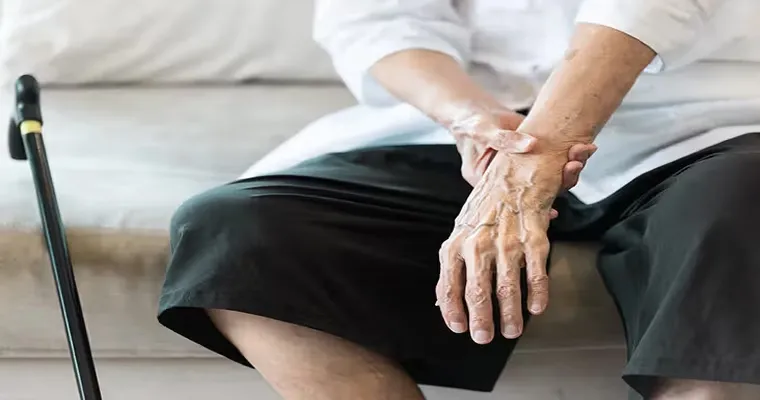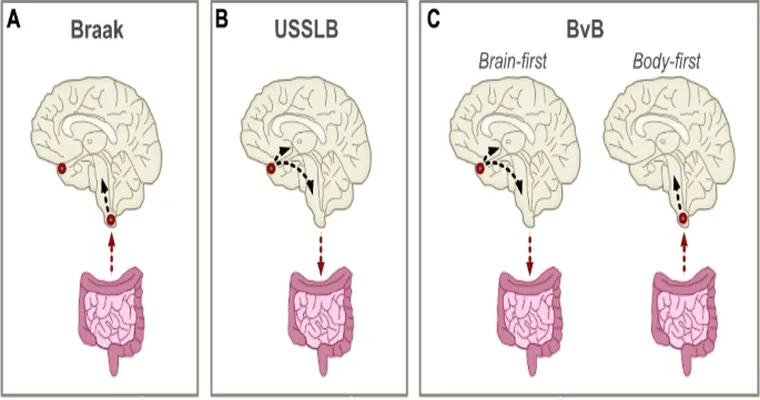Navigating the complexities of "Lewy Body Dementia" in the context of a "second marriage" can create significant challenges, especially when it comes to "Power of Attorney (POA)" and "medical care responsibilities". As loved ones age, the need for increased care becomes more pressing, particularly for those diagnosed with conditions like "Lewy Body Dementia". In this article, we will explore the unique difficulties faced by families dealing with these issues and offer insights into how to manage care effectively.
Lewy Body Dementia is a progressive disease that affects cognitive function, motor control, and overall behavior. For families, the diagnosis often leads to heightened concerns about how to provide proper care for their loved ones. In the case of a second marriage, these concerns can be compounded by complex family dynamics and differing opinions on care responsibilities.
One of the most significant issues arises with the establishment of "Power of Attorney". When a parent remarries, the existing family may feel uncertain about the authority and influence of a new spouse. This can lead to disputes over who should make critical decisions regarding medical care and financial matters. If the original POA was established before the second marriage, it may not accurately reflect the current situation or family dynamics, leading to confusion and potential conflicts.
Moreover, as the need for care increases, families may find that the new spouse may not have the same history or understanding of the individual’s medical needs as the children do. This discrepancy can make it difficult to provide consistent and informed care. For instance, children may want to prioritize certain treatments or interventions that the new spouse may not recognize or agree with, leading to further tension.
Communication is key in addressing these challenges. Open discussions among family members about the care plan can help mitigate misunderstandings and foster a collaborative environment. It is crucial for both the children and the new spouse to express their concerns and expectations clearly. Establishing a united front can help in making decisions that best serve the loved one’s needs.
Additionally, it may be beneficial to consult with legal and medical professionals who specialize in elder care. These experts can provide invaluable guidance in navigating the complexities of "POA establishment", medical care decisions, and care planning. They can also help families understand their rights and responsibilities, ensuring that everyone involved is on the same page.
As Dad's need for care continues to increase, it is essential to regularly reassess the care plan and make necessary adjustments. This ongoing evaluation will help ensure that all parties are aware of changing needs and can respond appropriately. Flexibility and adaptation will be crucial as the disease progresses and as family dynamics evolve.
In conclusion, managing the care of a loved one with "Lewy Body Dementia" within the framework of a "second marriage" can be incredibly challenging, particularly regarding "Power of Attorney" and "medical care responsibilities". By fostering open communication, seeking professional guidance, and regularly reassessing care needs, families can navigate these complexities more effectively. Ultimately, the goal is to provide the best possible care for Dad while maintaining harmony among family members during a difficult time.





